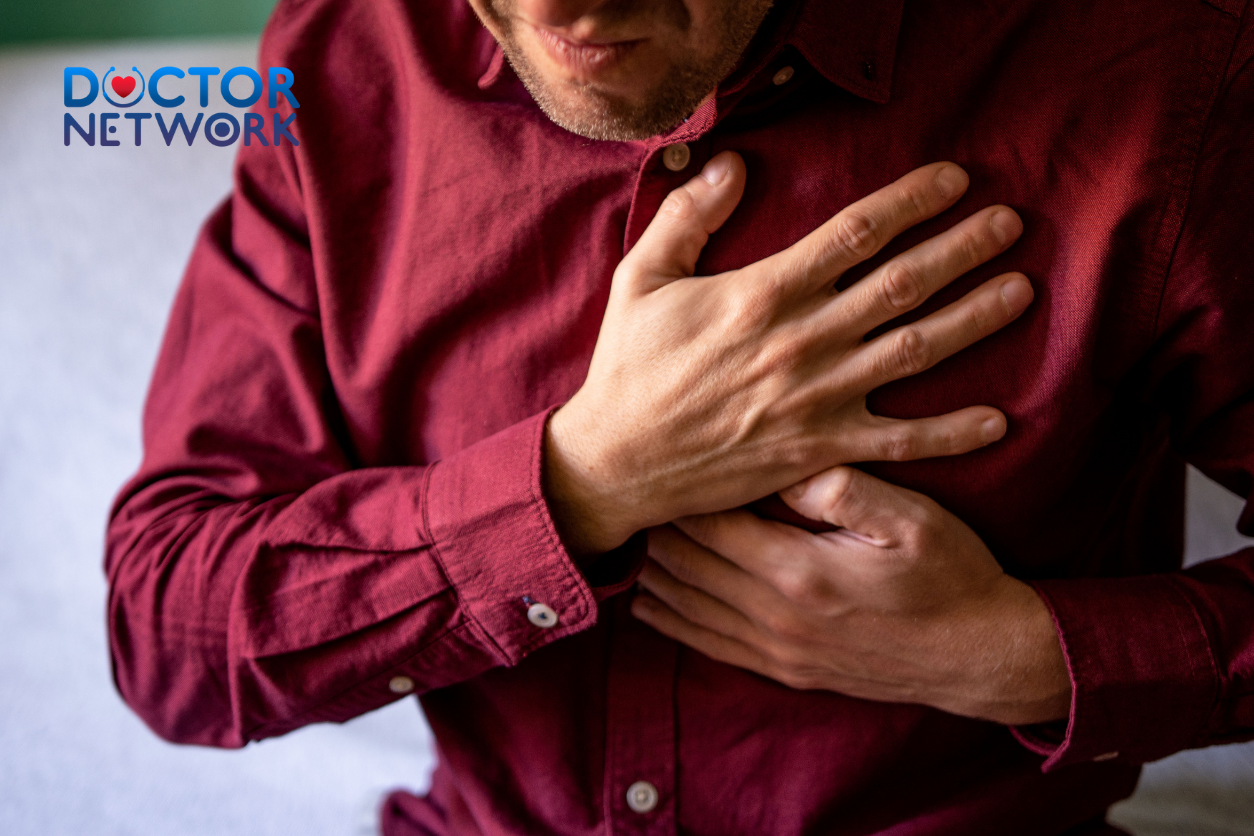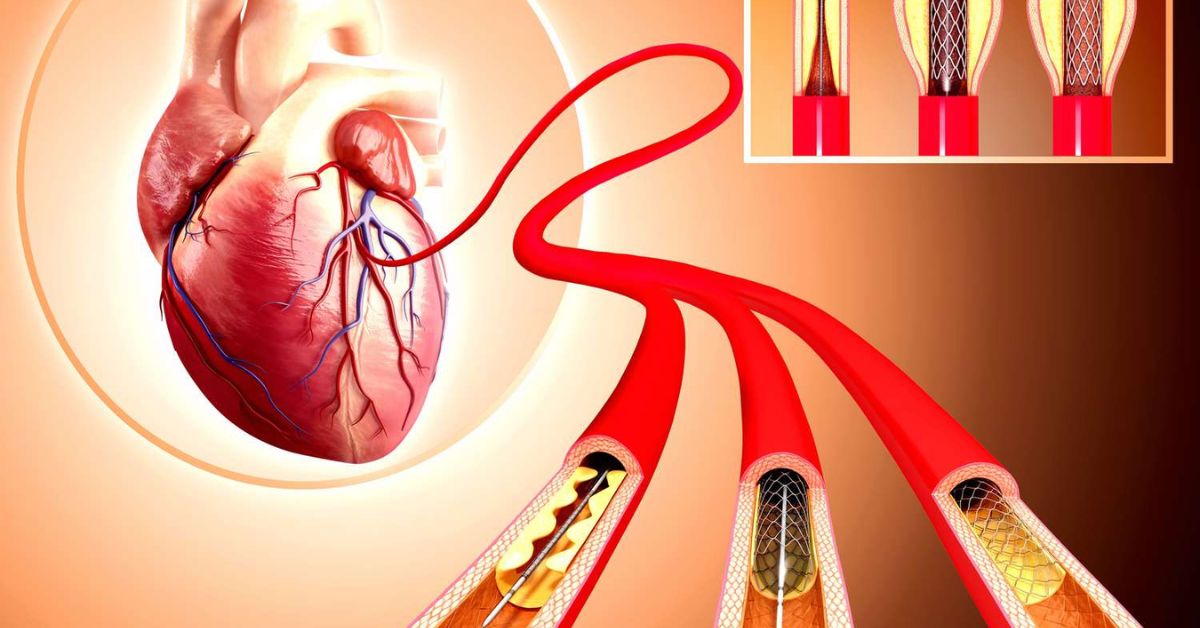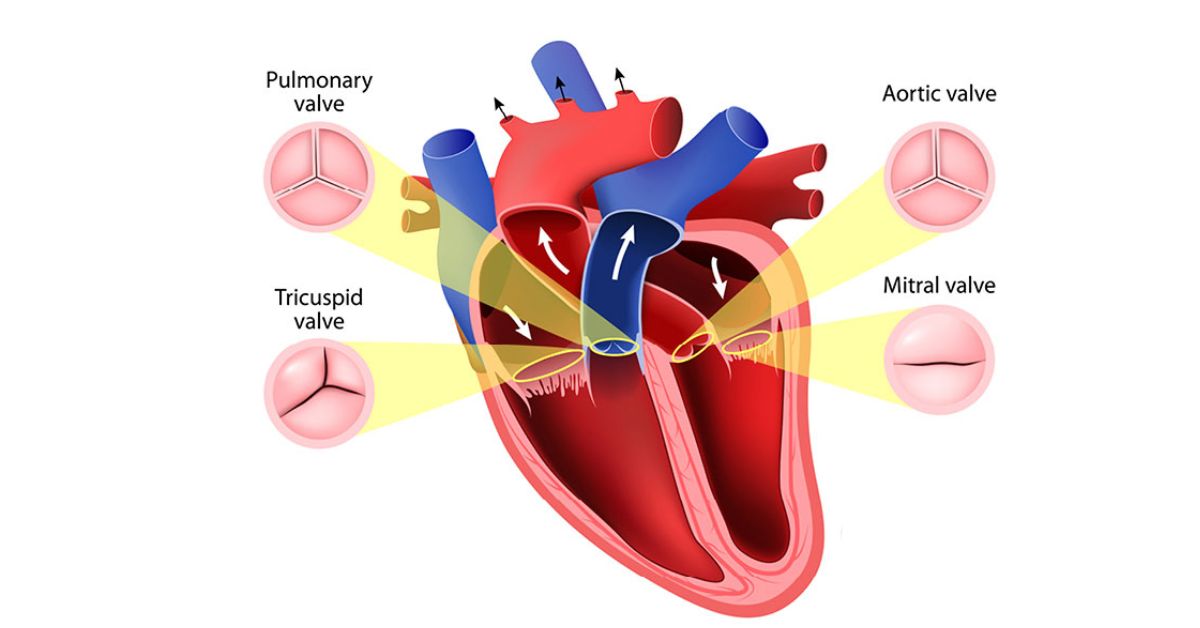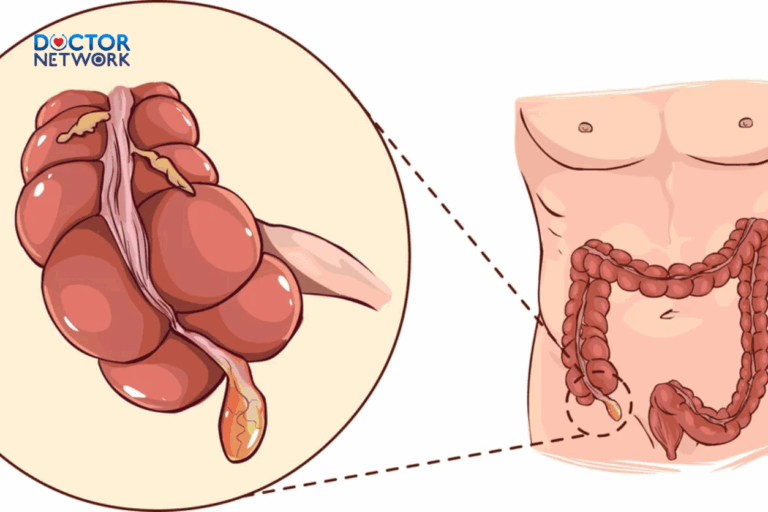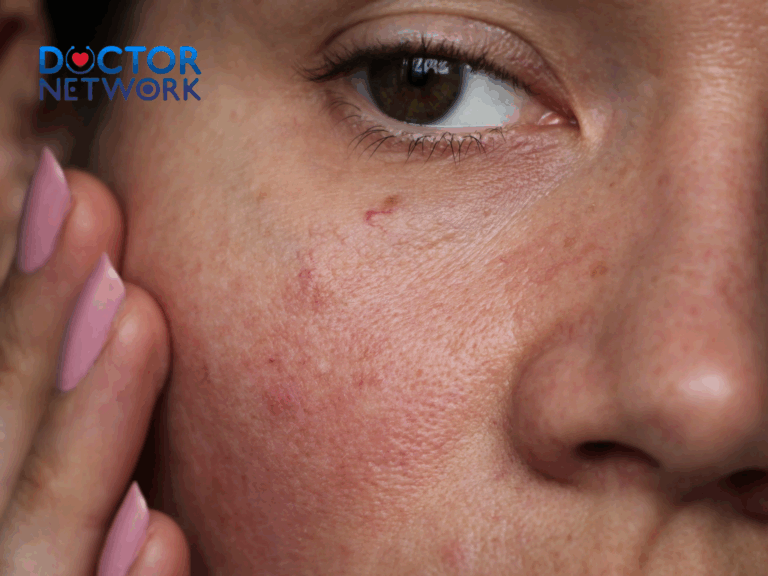Heart rate is an important measure of your cardiovascular health. So, is a heart rate of 110 dangerous? This article will help you understand normal heart rates, symptoms of a heart rate of 110, when to see a doctor, and ways to maintain a healthy heart.
Understanding Heart Rate and a Heart Rate of 110
Heart rate is the number of times your heart beats per minute. For adults at rest, the normal heart rate is typically between 60 and 100 beats per minute. However, heart rate can be influenced by factors such as:
Age: Older adults usually have slower heart rates.
Weight: Overweight or obese individuals may have faster heart rates.

Overweight or obese people may have a faster heart rate
Health status: Certain medical conditions or medications can affect heart rate.
If your resting heart rate is consistently at 110 beats per minute, it is considered a fast heart rate. There are many reasons for a fast heart rate, including:
Exercise or vigorous physical activity Stress, anxiety, or fear Fever or dehydration Medical conditions: hyperthyroidism, anemia, heart disease, etc. Stimulant use: caffeine, alcohol, etc.
Is a Heart Rate of 110 Dangerous?
Is a heart rate of 110 dangerous? A heart rate of 110 is not always dangerous. If it is due to benign causes such as exercise or emotions, it is a normal bodily response. However, prolonged fast heart rate or underlying medical conditions can be harmful, leading to:
Dizziness, lightheadedness, fainting – Is a heart rate of 110 dangerous? Insufficient blood supply to the brain.
Chest pain, shortness of breath – Is a heart rate of 110 dangerous?
Impaired heart function. Increased risk of cardiovascular events – Is a heart rate of 110 dangerous? Stroke, heart failure, etc.
When to See a Doctor for a Heart Rate of 110
You should seek medical attention if you experience the following:
Fast heart rate accompanied by other symptoms: chest pain, shortness of breath, excessive fatigue, fainting. These could be warning signs of serious heart conditions.

If a fast heart rate is accompanied by other symptoms such as chest pain, difficulty breathing, etc., you should see a doctor
Fast heart rate that is prolonged or occurs frequently: Even without other symptoms, this should be evaluated and discussed with a doctor.
History of heart disease: Any abnormal heart rate warrants careful evaluation to prevent adverse outcomes.
How to Lower a Heart Rate of 110
Is a heart rate of 110 dangerous? If the fast heart rate is due to common causes, the following measures may help:
Deep breathing: Slows heart rate, reduces anxiety Meditation, relaxation techniques Stay hydrated Avoid stimulants: coffee, alcohol, tobacco.
For individuals with irregular heart rates, monitoring heart rate at home is essential. Your doctor will advise on how to measure heart rate and when to monitor it.
In cases of abnormal heart rate due to medical conditions, appropriate treatment methods are necessary, including medications or other medical interventions.
Heart Health Advice
To maintain a healthy heart and reduce the risk of irregular heartbeats, you should:
- Eat a healthy diet: A diet rich in fruits and vegetables, low in fat, and limited in sugar and salt.

To maintain a healthy heart you should eat lots of vegetables, low fat, and limit sugar and salt
- Maintain a healthy weight.
- Exercise regularly: At least 30 minutes per day, most days of the week.
- Manage stress.
- Avoid smoking.
- Get regular check-ups.
Frequently Asked Questions about “Is a Heart Rate of 110 Dangerous?”
Here are 5 frequently asked questions related to the topic “Is a Heart Rate of 110 Dangerous?” along with answers, incorporating semantic entities for SEO purposes:
Question 1: Besides a heart rate of 110, what other warning signs indicate abnormal fast heartbeats?
Answer: In addition to a heart rate of 110, other alarming symptoms include:
Chest pain, discomfort Shortness of breath, palpitations Dizziness, lightheadedness, feeling faint Excessive fatigue, weakness
Question 2: Can stress or fever cause a heart rate of 110?
Answer: Yes. Both stress, anxiety, and mild fever can temporarily increase heart rate, including a heart rate of 110. This is often a normal physiological response, and heart rate will return to baseline when the stressor subsides.
Question 3: Can medications cause a heart rate increase up to 110?
Answer: Yes. Some medications can have side effects that increase heart rate, even up to 110 or higher. Common medications include:
Bronchodilators (for treating asthma) Weight loss drugs Some antidepressants Thyroid hormone replacement drugs Nasal decongestants containing vasoconstrictors Important: Always inform your doctor about all medications and supplements you are taking.
Question 4: How to lower a heart rate of 110 quickly at home?
Answer: If a heart rate of 110 is due to normal stress or exertion, some techniques may help:
Deep, slow breathing Muscle relaxation, meditation Drink cool water Find a quiet, cool place.
Note: If fast heart rate persists or is accompanied by symptoms, seek medical attention.
Question 5: Is a heart rate of 110, blood pressure of 130/80 dangerous?
Answer: A heart rate of 110 is considered fast, while blood pressure of 130/80 falls into the prehypertension range.
This combination should be monitored as it may be related to underlying causes such as anxiety, hyperthyroidism, or other medical conditions. Consult with a doctor for accurate evaluation.
Scientific Evidence on “Is a Heart Rate of 110 Dangerous?”
Here are some scientific references on “Is a Heart Rate of 110 Dangerous?”:
- According to the American Heart Association: the normal heart rate for adults at rest ranges from 60 to 100 beats per minute. Heart rates above 100 beats per minute are considered fast.
- A study published in the New England Journal of Medicine: https://www.nejm.org/doi/full/10.1056/NEJM199802263380903 found that a resting heart rate of 110 is associated with a higher risk of death from all causes, especially cardiovascular disease.
- According to the Mayo Clinic: https://www.mayoclinic.org/diseases-conditions/high-blood-pressure/symptoms-causes/syc-20373410, prolonged fast heart rates can reduce the heart’s efficiency in pumping blood, leading to heart failure and other cardiovascular complications.
Conclusion
A heart rate of 110 may be normal or indicate a health issue that requires monitoring. If you are concerned about your heart rate, consult with a doctor for advice and appropriate care.
Kiểm Duyệt Nội Dung
More than 10 years of marketing communications experience in the medical and health field.
Successfully deployed marketing communication activities, content development and social networking channels for hospital partners, clinics, doctors and medical professionals across the country.
More than 6 years of experience in organizing and producing leading prestigious medical programs in Vietnam, in collaboration with Ho Chi Minh City Television (HTV). Typical programs include Nhật Ký Blouse Trắng, Bác Sĩ Nói Gì, Alo Bác Sĩ Nghe, Nhật Ký Hạnh Phúc, Vui Khỏe Cùng Con, Bác Sỹ Mẹ, v.v.
Comprehensive cooperation with hundreds of hospitals and clinics, thousands of doctors and medical experts to join hands in building a medical content and service platform on the Doctor Network application.

















